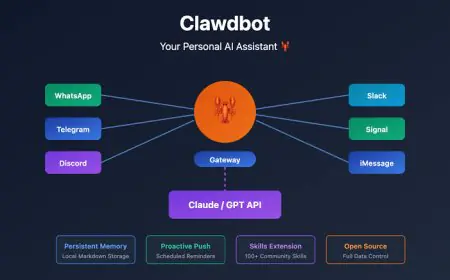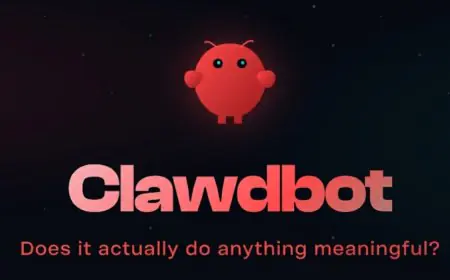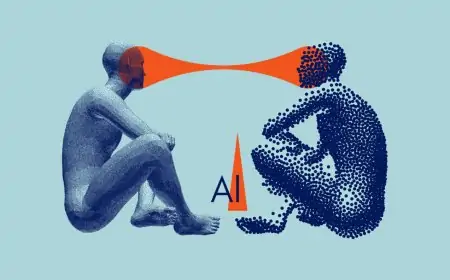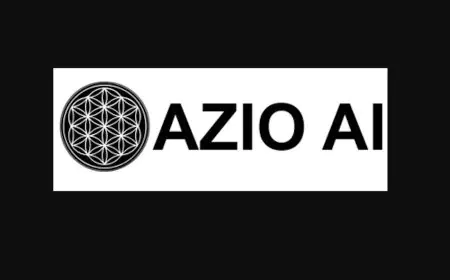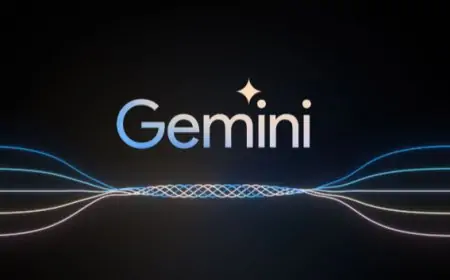BBC Study Finds AI Chatbots Prone to Distorting Current Affairs
A BBC study reveals that AI chatbots frequently generate misleading and inaccurate content when responding to queries about current events, raising concerns about public trust.

A recent study by the British Broadcasting Corporation (BBC) has revealed that leading artificial intelligence assistants often produce misleading and inaccurate content when answering questions related to news and current events. The research showed that over half of the responses generated by four mainstream AI tools—ChatGPT, Gemini, and Perplexity—were deemed to have "significant issues".
Researchers tasked these generative AI tools with using BBC news articles as sources to answer 100 relevant questions. Professional BBC journalists then evaluated the answers. The results indicated that approximately one-fifth of the answers contained numerical, date, or factual inaccuracies, while 13% of the citations were either modified or did not exist in the referenced articles.
Examples of inaccuracies include Gemini overlooking the context of Lucy Letby's conviction for murder and attempted murder, Copilot incorrectly recounting the experience of French rape victim Gisèle Pelicot, and ChatGPT mistakenly stating that Ismail Haniyeh was still in leadership months after being assassinated.
BBC News CEO Deborah Turness warned that "generative AI tools are playing with fire," which could undermine the public's "fragile trust" in facts. She called for AI companies to collaborate with the BBC to produce more accurate responses and avoid adding to confusion and misinformation. Peter Archer, the BBC's Director of Generative AI Projects, stated that media companies should control how their content is used, and AI companies should demonstrate how their assistants handle news and the scale of errors produced. He emphasized that this requires establishing strong partnerships between media and AI companies to maximize value for the public.
This is not the first time AI has been found to spread misinformation2. A false and AI-generated headline that claimed heavy missiles had struck Tel Aviv was spread on X, the social media platform formerly known as Twitter2. The fake headline was generated by X's official AI chatbot, Grok, and then promoted by X's trending news product, Explore, on the first day of an updated version of the feature2.
Air Canada was recently held liable for its chatbot giving a passenger bad advice. The British Columbia Civil Resolution Tribunal ruled that Air Canada had to pay Moffatt $812.02 in damages and tribunal fees. "It should be obvious to Air Canada that it is responsible for all the information on its website," read tribunal member Christopher Rivers' written response.





